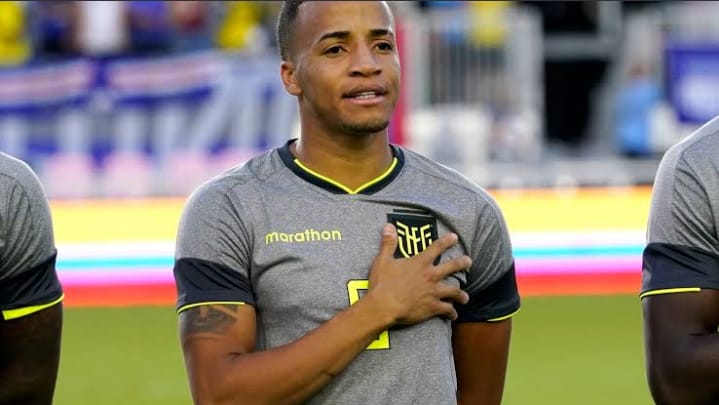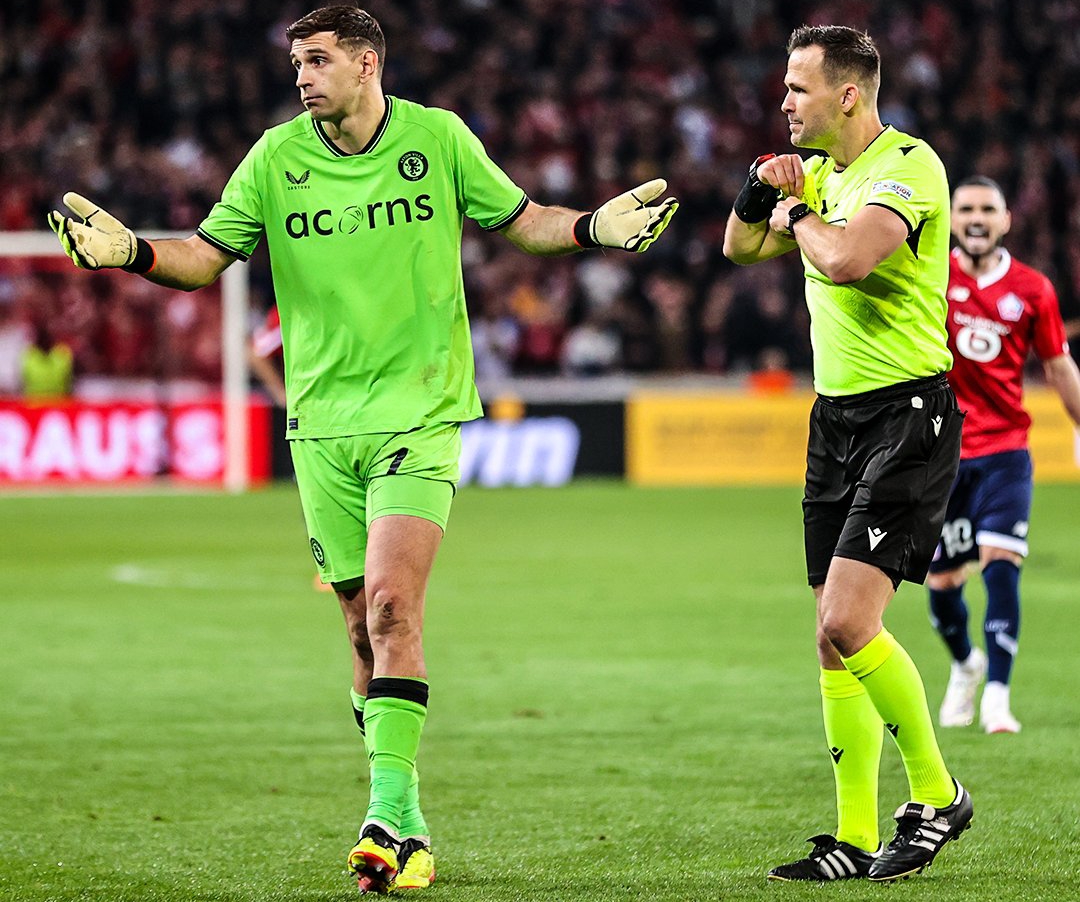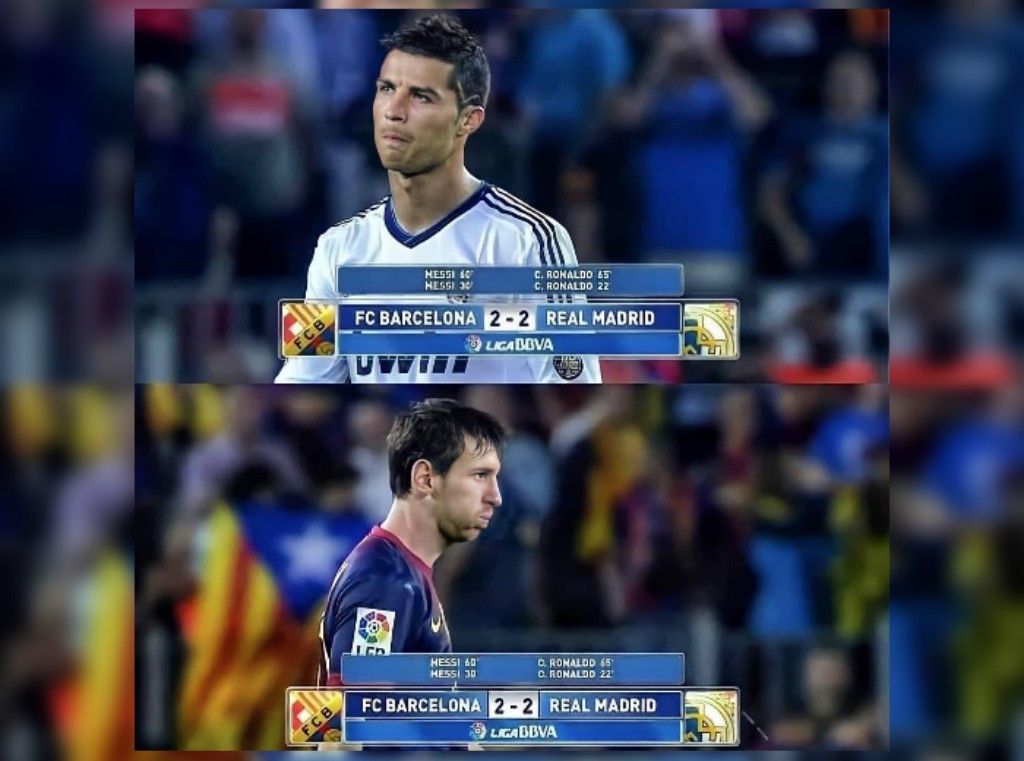The 2022 World Cup will begin in Qatar in less than two months, but new allegations regarding the nationality of Ecuadorian (or, according to the claims that have been made, more likely Colombian) defender Byron Castillo have cast new doubt on who will even be playing in the tournament’s opening match.
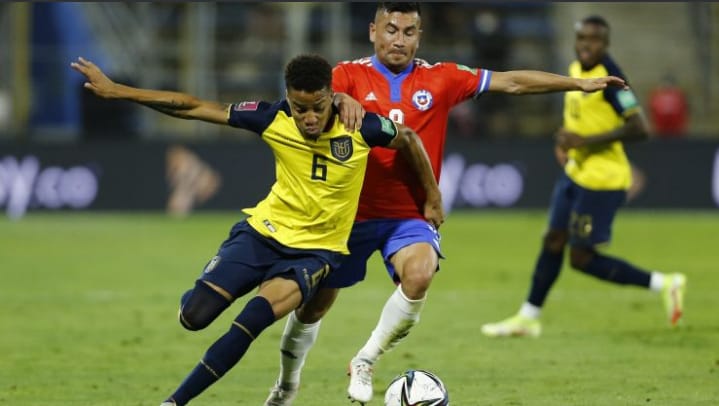
Castillo made eight appearances for Ecuador during the World Cup qualification campaign, and they placed fourth overall after Brazil, Argentina, and Uruguay at the end of the group round.
However, it has been asserted that Castillo isn’t from Ecuador and that he was actually born in Colombia, just across the border, and even more seriously, that this was well known and has been purposefully kept a secret.
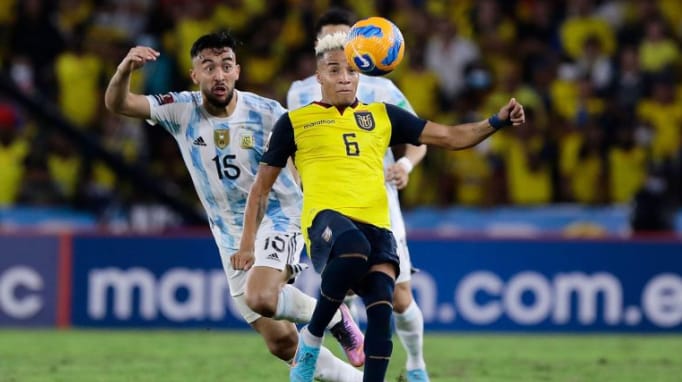
FIFA rejected these claims in July, but fresh proof has since come to light in the form of an audio recording of Castillo’s 2018 interview with investigators.
Contrary to the year listed on his Ecuadorian birth certificate, he was reportedly born in 1995.
Instead of the name Byron David Castillo Segura on the Ecuadorian document, his full name is Byron Javier Castillo Segura, which corresponds to the information on his Colombian birth certificate.
He relocated from Tumaco, Colombia, to San Lorenzo, Ecuador, to pursue a football career.
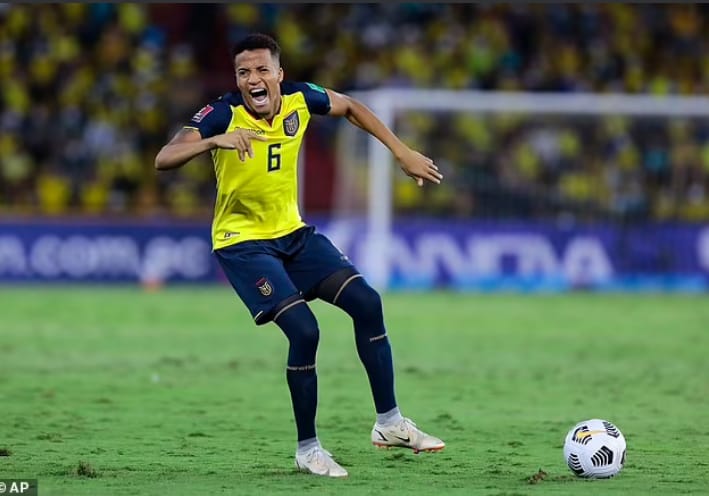
He was given a new identity by an Ecuadorian businessman who was the proprietor of a club that has since been closed.
This is detrimental to Ecuador greatly. It appears to show that the FEF (the Ecuadorian Football Federation) covered up the fact that Castillo was ineligible to represent Ecuador in addition to his eligibility.
The 2018 interview that was leaked was with an FEF investigator looking into the controversy surrounding Castillo’s nationality, and the recent disclosures also indicated that a copy of this audio was submitted to the FEF at the end of 2018 along with a letter describing what Castillo had stated.
Despite learning about this at the close of 2018, the FEF decided that he could play for them in 2019.
This decision is said to have been made as a result of a falsified birth certificate that was presented.
When a potential move between two Ecuadorian clubs, North America and Club Emelec, fell through owing to “irregularities” in his papers in 2015, the dispute about this player’s nationality had already begun.
In the interview, Castillo names Marco Zambrano, the club’s owner at the time, as the source of the phony paperwork that led to North America’s later suspension by the FEF for using them to register players.
Castillo was chosen to play for Ecuador’s under-17 team for the first time in 2015, and he later made an appearance for the under-20 team.
What is unexpected, though, is that he didn’t make his men’s national team debut until 2021, more than two years after the FEF was informed and roughly six years after the initial possible problem first surfaced.
The fact that Chile lead the official complaints is ironic given that they have previously been penalized by FIFA for misbehaving during qualification.
Roberto Rojas, a goalkeeper from Chile, pretended to be hurt during a game at the Maracana in September 1989 by a flare thrown by Brazilian supporters.
Later it was discovered that Rojas had cut himself on the field with a razor blade he had brought with him.
With this unprecedented action, it was hoped to overturn the outcome of the game, force a third game at a neutral site, or have Brazil eliminated from the tournament in favour of Chile.
In reality, Chile was barred from qualifying for the 1994 Finals, and Rojas received a permanent suspension.

